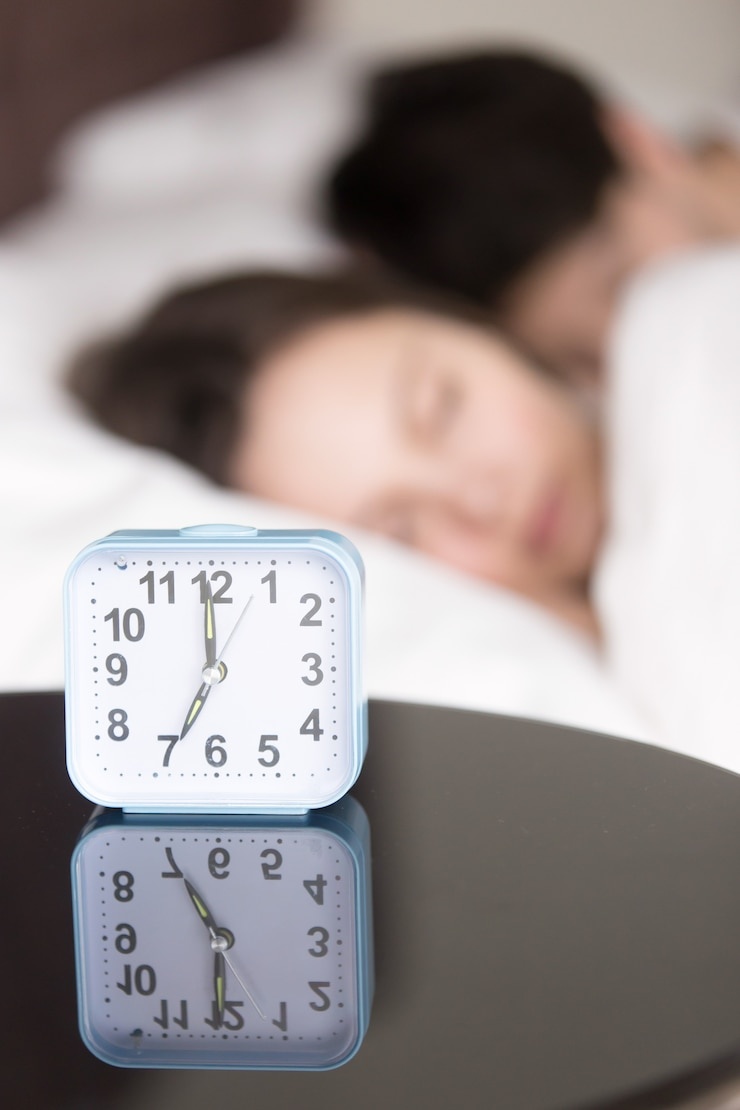Does temporary sleep deprivation affect your health?
Having a few nights less sleep doesn't seem to do much harm in the short term, but the effects are noticeable. With sleep deprivation, you feel like you barely slept the next day. People with sleep deprivation tend to be crankier and more irritable than rested individuals. Concentration problems and decreased responsiveness are also common symptoms. At work, things often function on autopilot and people long for the moment when they get home to get back to sleep. Meanwhile, a to-do list keeps running through one's head, making it difficult to fall asleep and perpetuating sleep deprivation.
Sleep deprivation also has negative effects on both mental and physical health. Continued fatigue can lead to decreased interest in social activities. Relaxation can turn into overwhelming fatigue resulting in yawning and a tendency to nod off. People with sleep deprivation often feel less need to do things and prefer to stay home.
What does temporary sleep deprivation do to your body?
Physically, sleep deprivation also has adverse effects. People start looking for ways to stay awake, often in unhealthy ways. For example, breakfast is skipped because food doesn't taste good. But precisely when sleep deprivation is present, a good breakfast is essential to start the day well. In addition, people drink a lot of coffee because of the caffeine, which gives a feeling of alertness. A few cups of coffee are not harmful, but excessive consumption throughout the day is. Sugar is consumed to obtain energy, but excessive intake is bad for both teeth and waist circumference. Alcohol feels faster than normal and can exacerbate fatigue.
Characteristics of temporary sleep deprivation
- Bad mood
- Short fuse
- Concentration problems
- Reduced responsiveness
- Automatic functioning
- Reduced need for social contacts
- Drinking a lot of coffee and eating sweets
Prolonged sleep deprivation
Prolonged sleep deprivation can cause serious problems. Chronic sleep deprivation leads to significant functional problems. People experience fewer and fewer physical sensations and lose interest in food and sexuality. Feelings of happiness diminish and in extreme cases, sleep deprivation can lead to depression. Life seems reduced to a constant need for sleep, with little interest in other aspects of life. Moods may fluctuate widely and hallucinations may occur.
What does prolonged sleep deprivation do to your body?
Prolonged sleep deprivation can cause physical symptoms. The immune system weakens, making one more susceptible to illnesses and colds. Metabolism can also be disrupted, with an increased risk of obesity and diabetes due to impaired glucose processing. It is important not to stick around with prolonged sleep deprivation.
Characteristics of prolonged sleep deprivation
- Difficulty functioning
- Lack of appetite
- Reduced sexual desire
- Depressive feelings
- Mood swings
- Reduced resistance
- Obesity and diabetes
Sleep is essential!
In short, sleep is crucial to a healthy lifestyle. It is as important as breathing, eating and drinking. An occasional night of sleep deprivation is not a disaster, but prolonged sleep deprivation can have serious consequences. It can lead to poor moods, impaired functioning and even depression. So take the time to sleep well! If sleep fails and sleep deprivation persists, don't hesitate to seek medical attention for a solution.


























0 Comments
There are no comments yet, be the first one to comment....